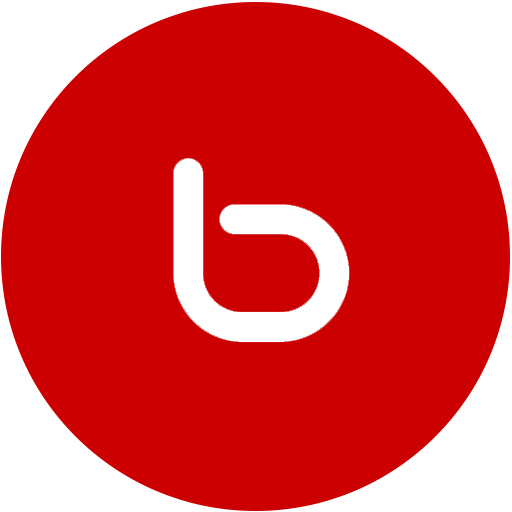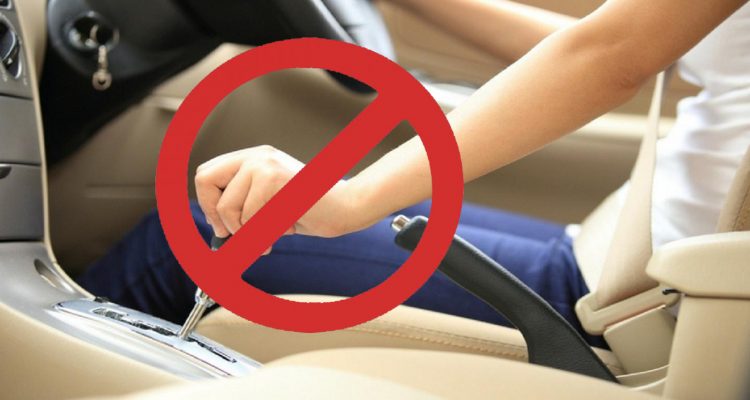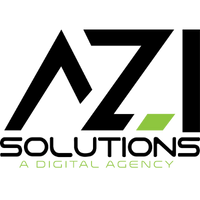Interviews closely resemble exams and therefore are necessary. Some like the challenge they pose, but the reality is that most of us are anxious, especially those who are more shy or introverted. Wherever you go or travel the world for job opportunities you have to do Job Interview Preparation.
Job Interview Preparation:
Preparation for Job Interview is absolutely vital: the more we prepare, the more confidence we will gain.
The most important thing to keep in mind is to remember that even if it is a kind of test, the interviewer does not want us to fail. On the contrary, the objective on both sides is to get the best out of the process: the company is investing time and effort in us, so they want us to be the candidate they are looking for.
Imagine the interview like any other business meeting and be yourself. In that case, you’ll see how you already have the advantage.
Before the interview:
Meet the company

The first thing in Preparation for Job Interview is before introducing yourself to the interview, inquire about the company in which you are going to interview. Why do you want to work there if you don’t know what they do? In many interviews you will be asked about your knowledge about the company, thus ensuring your interest in the position.
Nowadays all kinds of information can be found online, so it shouldn’t be difficult to find data about the company. On its website and social networks you can find its history, size, location of its offices, internal structure, culture, and even its position in the stock market (if any).
It is not necessary that you know absolutely everything about the company, only that you have a general understanding. However, what will really leave a great impression on your interview will be that you talk and ask about company data that you have already found out.
Be aware of what you have in your CV

This may sound obvious, but you would be surprised to know how many people have gone to an interview without remembering what information they have put in their CV, such as the time they have worked in a company or particular details of their working life.
Your CV is your cover letter to companies. If you don’t remember what you put on, what kind of image do you think you are giving? Remember your achievements and the important dates of your working life. Also, make sure your LinkedIn profile matches the CV you have delivered, especially on dates, skills, and experiences.
Anticipate the questions

Interviews can be of many types. Sometimes they are more informal, as if it were a conversation, while others are more structured. Prepare for both types, prepare answers for all kinds of questions.
Our consultants will help you prepare for the interview process, especially in relation to the questions and answers you need to make sure. This way you can highlight your skills.
Among the questions you should expect can be found such as “what is your greatest weakness” Be honest and look for among your weaknesses those that pose a challenge for you. In this case, talk about the steps you have had to overcome to overcome your weakness. This will demonstrate your proactivity and resolution.
Avoid any kind of weakness that may prevent you from getting the job. For example, if you are applying to a position in HR, do not say that your weakness is “interacting with people”, since it is a contradictory quality.
General background

In general, the first question asked in an interview has to do with your background. If you are being interviewed for your first job, you should focus on your extracurricular activities, education and qualifications.
It is highly recommended that you emphasize your strengths, even if they are highlighted in your CV or in your cover letter. It is important that you show your personality openly, since the interview will examine how you are as a professional but also what your personal skills are.
It is also recommended that you mention if you participate in some type of volunteering.
Qualifications

A very common question in interviews is usually “why do you think you fit in the position?”. Here you must bring to light all those qualifications that you have that can help you in the work you are applying, including your professional and personal education and skills.
In most cases, this question is decisive, making you win or lose your job. Your answer should be clear and memorable. Research the LinkedIn profiles of those who are on the team you want to work on, review their experience and skills, and so you will know what features you need for the job.
Experience

It is at this point where your previous research has the greatest need. Discuss your professional career by giving data that may be relevant to the company, including details such as your education, charitable activities or even community work.
Motivation

If you are in your first interview for your first job, your response about your motivation to be there should describe what you find most attractive about the position, how you have prepared during your career and why you think your previous jobs (if you have had them) They have given enough experience to work there.
Vocational objectives

Get ready to talk about your long-term professional future. The best thing you can do is indicate what you want in your career and what you plan to do to get it.
In some companies they even ask questions related to crisis management. Try to find the most recurring problem in the type of work you want to be able to formulate an intelligent solution.
Competition Interviews

Job Interview Preparation that value your skills and your attitudes are usually done to demonstrate your professional and personal skills within a work environment. Most likely, they ask you to give an example of a situation or action that you had to take.
These types of questions usually determine what type of actions you would take in certain cases, and how they could affect those around you. When responding remember that in the interview they want to know what you can provide as an individual, so avoid speaking in the plural.
Questions to ask your interviewer

By the end of the interview, you will be asked if you have any questions or comments to make about the position. Be confident and ask openly, it is better to remove all doubts and even ask something that has already been explained to ensure you. We advise you to prepare a list of questions you may want to ask about the company and the position. These may be some:
- What kind of training will there be?
- What professional development possibilities exist for staff?
- What attributes do you expect me to contribute to the company?
- What can I expect from this job?
- What do you like most about working in this company?
- What kind of problems do you expect me to solve during the first six months?
- What are the objectives of the department?
The day of the interview:
Leave a great impression

Your body language is probably the pillar of your communication. If you feel nervous about it since you don’t usually control your movements, a good exercise is to practice a day before the interview in front of a mirror. Watch your legs, your hands and your posture in general, and talk to yourself to know what tone of voice to use.
The first and most visible in you is what you communicate with your image, and that will be the first impression your interviewer will have before you start talking. You should look for the best possible first impression, so they will keep a very good image of you. Consider that your interview begins the moment you set foot in the office.
If you want to surprise at first sight, you must carefully prepare what to wear. First, look for the style of the company, if it is formal or informal and so you can plan the most appropriate style. Remember that each sector has a tag code that you should respect. You cannot go to an interview in the Banking sector in flip flops.
When entering the interview site you should probably wait for your interviewer to arrive, so your gestures should be appropriate: enter with a smile and calm step but with a lot of confidence, you must convey security. Introduce yourself at the reception with a smile, and when waiting be patient. Sit straight, without arching and with a neutral posture. Always think that the key is in naturalness, you cannot see yourself uncomfortable or in a forced posture or it will also be reflected in your attitude.
During the Interview

In the interview it is important both what we say and the way we say it. You must sit properly, never on the edge of the chair or it will seem that you want to run from there. Nor should you cross your arms or legs: when we do this we reflect that we do not want to communicate, we adopt a defensive posture and that is exactly the opposite that you must demonstrate.
It will be helpful to know how to create a good atmosphere with your interviewer. Take a relaxed posture, and when speaking try to make the movement of your hands accompany your words, you should not overdo it or you will let your nerves glimpse. On the other hand, in Hays we advise you that if nerves are a great handicap for you in the interview, confess it, do not be afraid, because when you explain it automatically you will feel liberated and this will also help you create a connection with your interviewer.
Take your documentation with you: a copy of your CV, directions to the company and the name of your interviewer (in case you have trouble remembering it). Arrive at the interview, if possible, a few minutes before. Do not arrive too early either: it is better to have a coffee nearby or take a short walk. So you can relax. Also make sure your mobile is not turned on or at least has no volume.
Your body language should be taken care of until the moment you leave the building. At the end of the interview, shake hands with your interviewer and smile genuinely. Show that you feel comfortable with the process and they will keep you in mind in a positive way.
After the interview

Remember to give immediate feedback to your consultant (if you have done the interview through one) on how it went and what your expectations are. Talk about those aspects where you have been most disadvantaged to improve them in the future, in addition to clarifying the possible doubts that may arise after the interview.
Complete the interview with an email thanking the interviewer for his time and reiterate how much you enjoyed the meeting. Send this before the interviewer can forget about you.
Author
Selena is a blogger and a guest contributor for a well-known brand that includes MESHEBLE. In her leisure time, she plays tennis.




